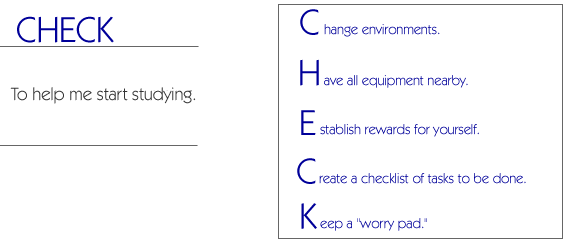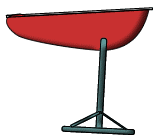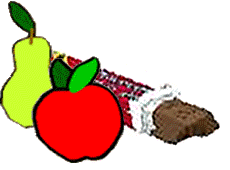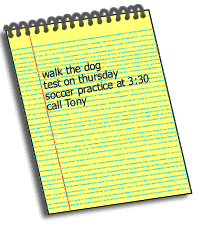C hange
environments.
- Find the environment that is best for
YOU. Consider whether you like to be away from people or not,
whether you like noise or not, and whether you like bright or
dim light.
- If you are distracted for some reason,
find a new place to study that will have less distractions.
- As soon as you are distracted, change
environments. Do not waste time trying to shut out distractions
or waiting for the distractions to go away.
|
|
H
ave all equipment nearby while studying.
- Before studying, collect the materials you will need (pens,
pencils, paper, notebooks, books, paper clips, note cards, etc.).
- This will save time so you won't have to find equipment during
your study time and then have difficulty again getting started
studying after you find the equipment.
|
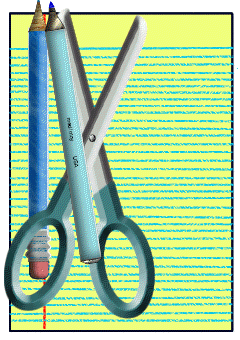 |
E
stablish rewards for yourself.
- You may have difficulty getting started
studying because it looks like you may never finish or because
you keep thinking of other things you would rather do than study.
- To help, you need to set rewards for
yourself. For example, you may reward yourself after you finish
reading a chapter. Or you may divide your study time into shorter
periods (e.g., 30 minutes) and reward yourself at the end of
these periods.
- You can use rewards such as food, TV,
video games, computer, talking to a friend on the phone, or
using email. If you are using a reward in the middle of your
study time, be sure to set a time limit on how long you can
devote to the reward (e.g., 10 minutes of talking on the telephone).
|
|
C reate
a checklist of all the tasks you need to do before studying.
- You may have difficulty getting started
studying because you think you have too many tasks to do or
you have no idea of what you have to do, so it seems like your
studying will be endless.
- Make a list of what you have to study
and prioritize these tasks starting with the most important
tasks to be done.
- After completing each task, check it
off to see how much you have accomplished. The list will also
let you know what you need to finish.
|
 |
K
eep a "worry pad" while studying.
- If distractions are keeping you from concentrating, you create
a "worry pad," which is a piece of paper where you
write all the ideas that keep popping into your head.
- After you write an idea down, try to put it out of your mind
until you are finished studying. Each time a worry interrupts
your studying, write it on the paper.
|
|
|

